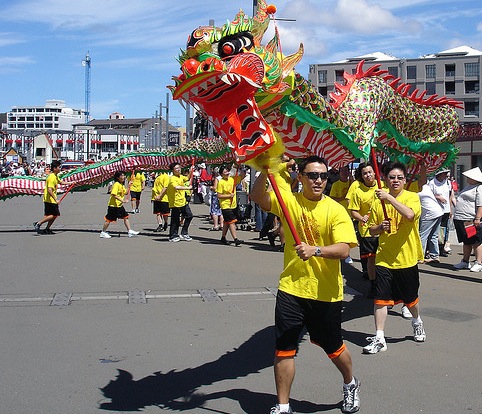Following strong reaction from Auckland’s diverse communities, Auckland Council has withdrawn two research surveys perceived as encouraging racism.

The council had sent the surveys to 20,000 households in Northcote and Balmoral – two of Auckland’s most culturally diverse communities.
People were asked how they felt, from “very cold” to “very warm”, towards ethnic groups including Pakeha, Chinese, Indian, Korean, and “other Asian” people, says a report in The Aucklander newspaper.
The surveys, which cost $18,000, asked locals to say if their interactions with the ethnic groups were favourable or unfavourable; whether immigrants contributed to the economy; and if it was a good idea to have Asian businesses grouped together.
Auckland is home to 150 ethnicities as per the last Census. Some neighbourhoods have significantly higher Asian population. Balmoral and Northcote are two such neighbourhoods. As many as 40% people in Mount Roskill are Asians. This number is 21% in Northcote. At a national level, New Zealand is predominantly an European country (74%), with Asians accounting for only 12% of the total population.
Defending the survey, the council says the intention of the surveys, was to enable an understanding of how interactions between people from different ethnic and cultural groups in a commercial context, influence wider social cohesion.
While the council has withdrawn the survey, it believes that the research was necessary. “Research on Auckland’s ethnic diversity and how it relates to precincts and local economic development is an important part of making Auckland the world’s most liveable city, says Harvey Brookes, Acting Chief Planning Officer, for the council.
“However, despite the council’s research ethics approval processes, we understand that at least one question in this survey may have caused offence to some people.
“Although this question was based on similar questions asked in national and international research in this area, we acknowledge that the question could be perceived as legitimising discrimination.
“We will write to the recipients of the survey, asking them not to complete it and advise them that the council will not process any surveys which have been returned.â€
The council will review the survey design and consider issuing a re-designed survey at a later date.
Auckland Council wants to understand these demographic changes across Auckland’s communities and neighbourhoods, and explore the social and economic effects and implications of those changes.
The main objective of this type of research is to support Auckland Council’s work in local economic and community development by exploring the effects of change in the Dominion Road area and in Northcote.
Leave a Reply to Centre for Applied Cross-cultural Research Cancel reply